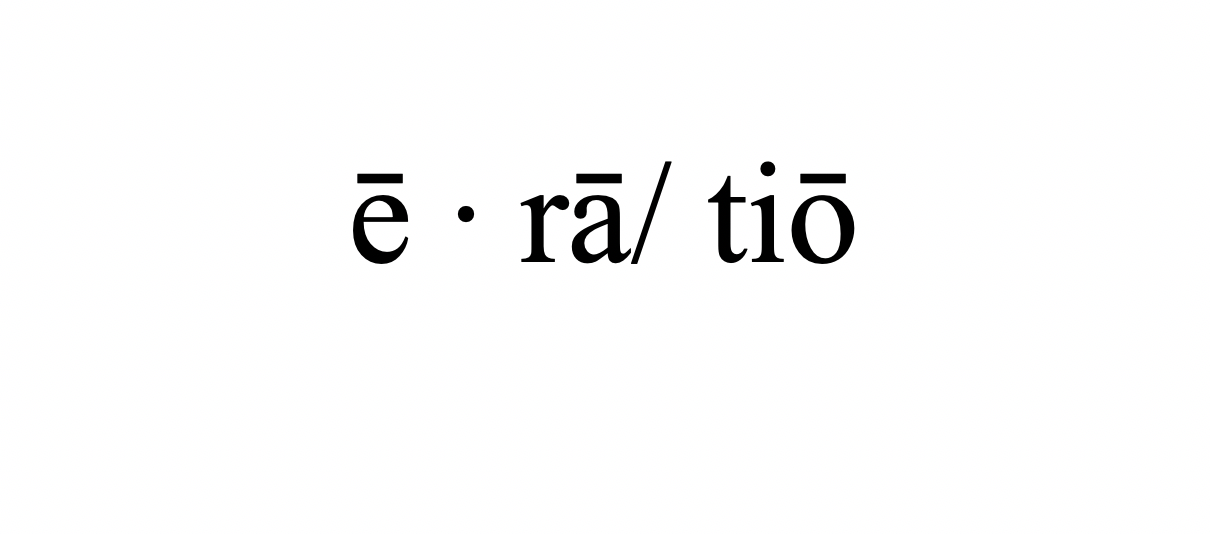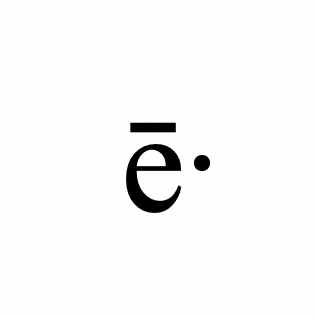

Three Poems
Traian T. Coșovei
in translation by Adam J. Sorkin and A.I. Scridon
Christmas Blue
Seen from the third floor,
your palms left such long shadows
that a bird began to sing
thinking that snow was on its way.
I no longer see anything.
My love, make me blue soup!
Verses of Love
Why have you grown so lovely
Just now
In this winter
Without snow?
My love,
If I were a secret
What would you do with me?
Would you keep me or would you or would you speak me?
The War of the Strawberries
The strawberries battled all night:
in the closet, on the kitchen table,
in the bathroom’s little medicine chest —
they made a racket and an indescribable perfume.
Until morning, when mama came
and made them into rose-hip jam.
Traian T. Coșovei (1954 – 2014) was a Romanian poet of the ’80s Generation. He was a founding member of the “Cenaclul de Luni” literary circle, a group that would eventually set the tone for much of postmodern Romanian poetry. He was the recipient of a series of prizes, including the Prize of the Romanian Academy and the International Nichita Stănescu Prize. Coșovei published over twenty books of poetry, literary criticism, and prose.
Adam J. Sorkin has published 60 books of Romanian poetry in English translation and won the Poetry Society (UK), Kenneth Rexroth, Ioan Flora, and Poesis Translation Prizes, among others. Most recently Sorkin published The Barbarians’ Return by Mircea Dinescu (translated with Lidia Vianu, Bloodaxe). His versions of Emilian Galaicu-Păun won 2nd prize in the 2018 John Dryden Translation Competition.
A.I. Scridon is a Romanian-American writer and translator. She studied Comparative Literature at King’s College London and is currently studying Creative Writing at the University of Oxford. She is a contributing editor at E·Ratio. Her translation of Romanian author I.D. Sîrbu is forthcoming with AB Press.